Sheffield professor who discovered Jewish family's inspiring story in hidden box reveals their tale of Nazi persecution and rescuing refugees
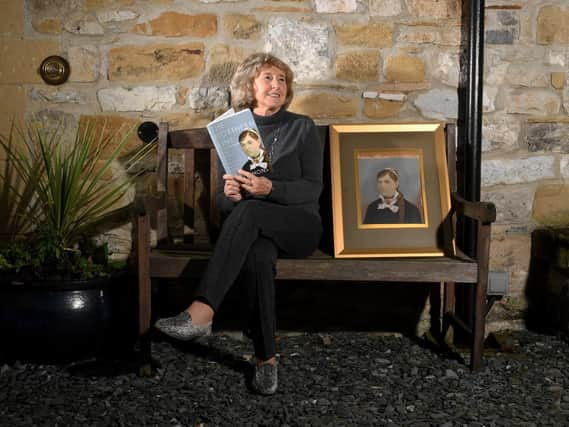

When Professor Judy Simons began clearing out her late mother's things following her death, she never expected to unearth a treasure trove of stories which wouldn't be out of place in a blockbuster film.
Born two days before VE Day in May 1945 and raised in a Jewish family in post-war Sheffield – the English Professor Emeritus at De Montfort University has always been aware her family history is more illustrious than most. Her parents, for starters, met during the 1930s while hiding Jewish refugees fleeing Nazi Europe in South Yorkshire.
Advertisement
Hide AdAdvertisement
Hide AdBut when her mother, Ena Glass, passed away in 2014 just months before her 100th birthday, Prof Simons began sorting her affairs and discovered a Pandora's box filled with documents, letters and artefacts revealing fascinating details, including tales of a secret wedding and an aunt tragically confined to an asylum.
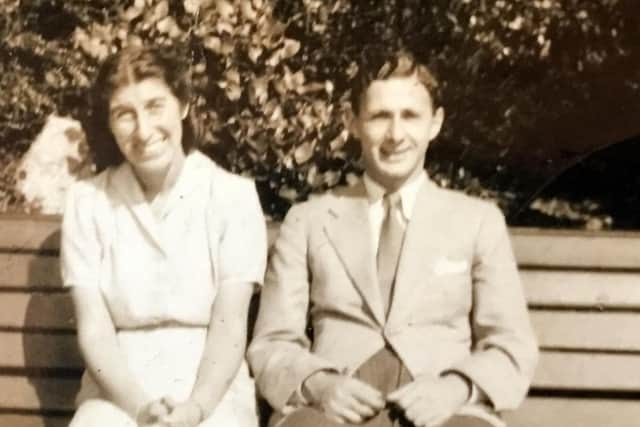

It comes as people all around the world today (Wednesday) mark Holocaust Memorial Day, to ensure the atrocity and genocide of an estimated six million Jewish people is never forgotten.
Prof Simons' cousin, Harry Lowit, was also rescued from the Auschwitz gas chambers by another child in an incredible story now documented at the Imperial War Museum.
"My mother was someone who didn't throw anything away," said Judy, 75, who now lives in Bakewell, Derbyshire.
Advertisement
Hide AdAdvertisement
Hide Ad"When she died, I found this black box at the back of her wardrobe. A sort of black tin chest. When I opened it, I found all sorts of things in there."
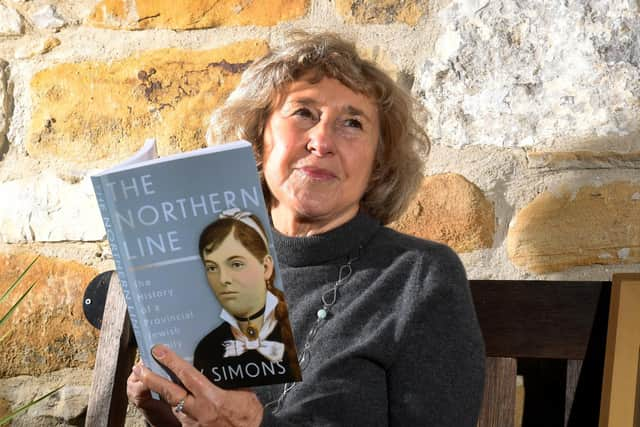

Among the secrets locked away at the back of the wardrobe were that her parents had married in secret without telling a single friend or family member.
"I found this marriage certificate and two wedding rings. I found bits of memoir, scraps of paper that she'd started to write. I found a document that was all torn up, and then stuck back together with sellotape which was my grandmother's birth certificate – she had been 12 and travelled on her own from the Austro-Hungarian empire across Europe in order to get to England.
"She lied about her age making out she was three years older than she was, then used her birth certificate as an exit visa from the port of Hamburg."
Advertisement
Hide AdAdvertisement
Hide AdOther findings in the chest included letters Ena Glass had translated from Jewish refugees desperate to escape Nazi persecution and various photographs, including one of an aunt who had been jilted at the altar on her wedding day in the early 20th-century and suffered a mental breakdown.
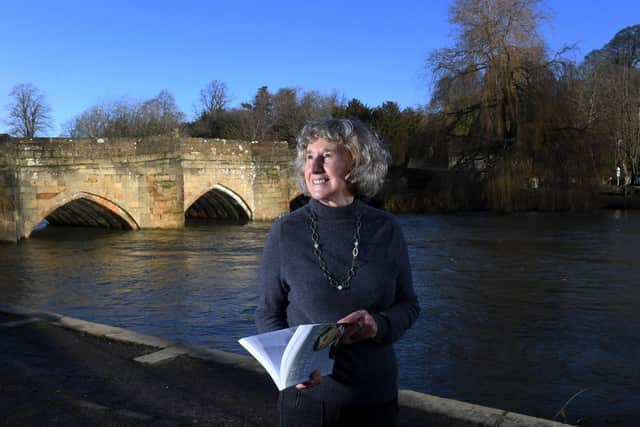

The aunt had been admitted to a psychiatric hospital in her 20s, and stayed there for six decades until she left in a coffin.
Prof Simons used the various artefacts in the chest to further research her family history, which she has managed to date back to the Pale of Settlement in 1800s Russia and written about in her book, The Northern Line.
"Although it started out as a memoir about my childhood, this book is much more about going back into the past and finding the stories that are hidden there," she said.
Advertisement
Hide AdAdvertisement
Hide Ad"I can't go back further than the 1800s, but I did find out what happened when the Nazis came in and there are some really shocking stories.
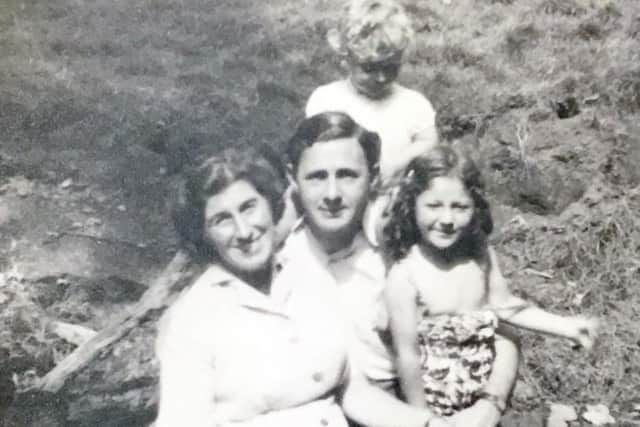

"I also include in the book how one of my cousins who grew up in Sheffield married her husband, who had been a child in Auschwitz. He had actually been the boy who had opened and shut the 'Arbeit Macht Frei' gate as prisoners came in.
"He was originally from Prague and his story is extraordinary in that he was sent to the gas chamber by Mengele and rescued from it by another child.
"Many, many years later, when Steven Spielberg was researching the history of Holocaust survivors [for Schindler's List], they interviewed this cousin of mine, Harry Lowit, and when he told his story about being rescued the interviewer said, 'I think we've heard this story before'. It turned out they had actually interviewed the child who had rescued him."
Advertisement
Hide AdAdvertisement
Hide AdProf Simons, who is also Chair of Buxton Opera House, is hoping her family's story of hardship and spirit can help teach about the importance of resilience in the current struggles – a fable more important than ever in today's current climate.
"To me, this is a story about resilience and about heroes, because it's about how people survive really difficult circumstances, and how they put the past behind them. And I think the other thing this shows us is how important it is for young people to ask questions of their grandparents while they're still alive, because I wish I'd asked about what their life was like.
"I think it's the past that forms who you are – we are all shaped by what went before us."
Support The Yorkshire Post and become a subscriber today. Your subscription will help us to continue to bring quality news to the people of Yorkshire. In return, you'll see fewer ads on site, get free access to our app and receive exclusive members-only offers. Click here to subscribe.
Comment Guidelines
National World encourages reader discussion on our stories. User feedback, insights and back-and-forth exchanges add a rich layer of context to reporting. Please review our Community Guidelines before commenting.